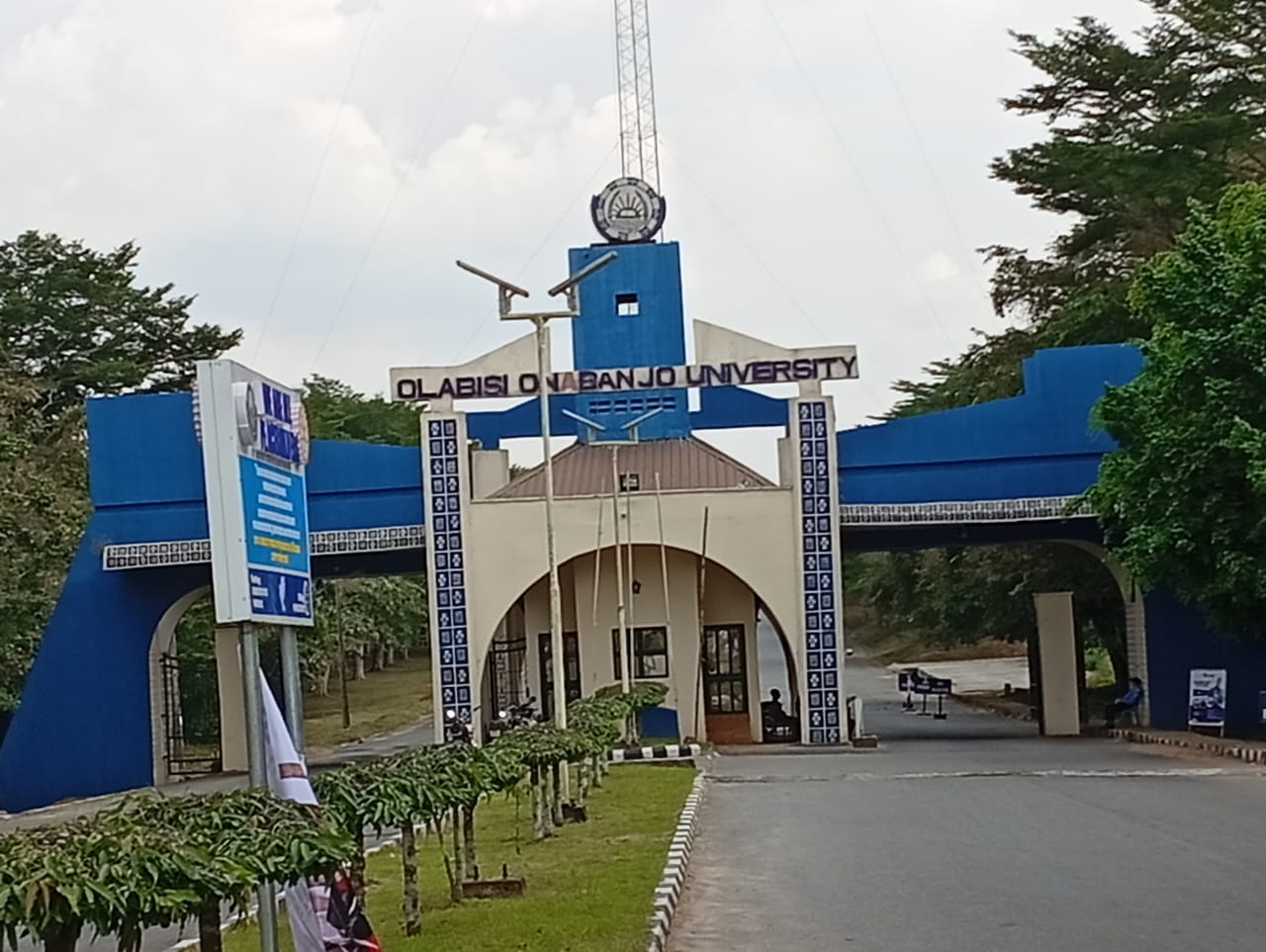AGO-IWOYE, Oct 17 (AfrikTimes) – A major dispute has erupted at Olabisi Onabanjo University (OOU), Ago-Iwoye, after the school’s management introduced an annual ₦10,000 internet fee for all students, starting in the 2025/2026 academic session.
The university announced the new charge on October 15, stating that it was necessary to support the institution’s transition to a fully digital campus. According to the management, OOU recently expanded its internet capacity from 310MB to 1500MB to address persistent connectivity issues.
Officials said that most administrative processes, including registration, result checking, and payments, are now carried out online. They also highlighted that OOU was the first Nigerian university to deploy Artificial Intelligence (AI) in its admission screening process. Vice-Chancellor Professor Ayodeji Agboola thanked the campus community for its cooperation and pledged continued investment in technology and student success.
However, the Students’ Union Government (SUG) condemned the ₦10,000 fee, describing it as “an unjust and inconsiderate burden.” The union argued that internet access is a necessity for academic activities and should not attract a separate charge.
“Students should not be made to pay separately for what the university is duty-bound to provide,” the SUG said in a statement, accusing the management of failing to consult student representatives before making the decision. The union urged students not to pay the fee and vowed to resist the policy until it is reviewed.
The development has divided opinion among students. Many say they already struggle with rising costs and believe internet access should be covered by existing tuition fees.
A 400-level student argued that internet access should already be covered by tuition fees, which were recently increased. The student felt the school was trying to make it look like they were doing students a favour, calling the ₦10,000 fee “absurd,” especially since many students do not live on campus to enjoy the benefit.
Another 400-level student called the move “disrespectful,” asking, “Why would you impose an optional development on people without seeking their opinion first?” A 200-level student, however, fully supported the union, saying, “Internet access on campus should be a right, not a privilege.”
Despite the financial pushback, a 300-level student saw the value in the upgrade. “I think it’s a good thing, we all complain every time about the poor network,” the student said, admitting the improved speed and free Wi-Fi will help greatly, especially during exams.







